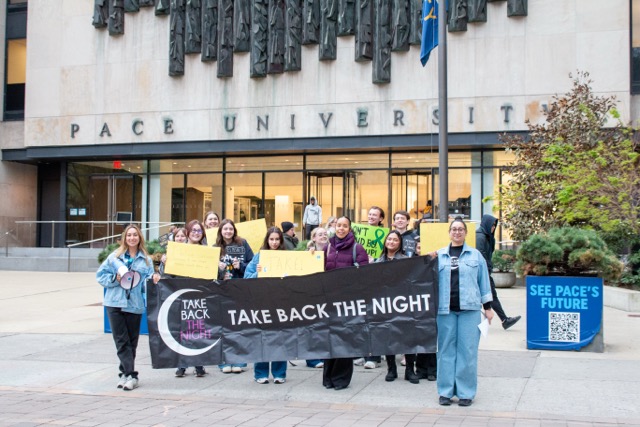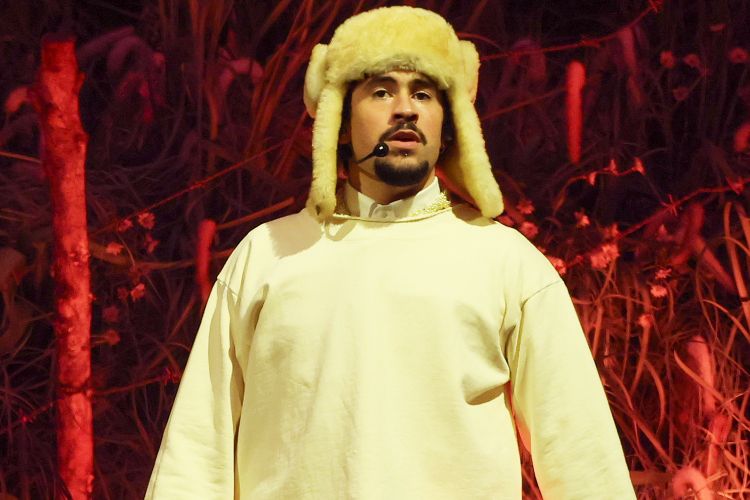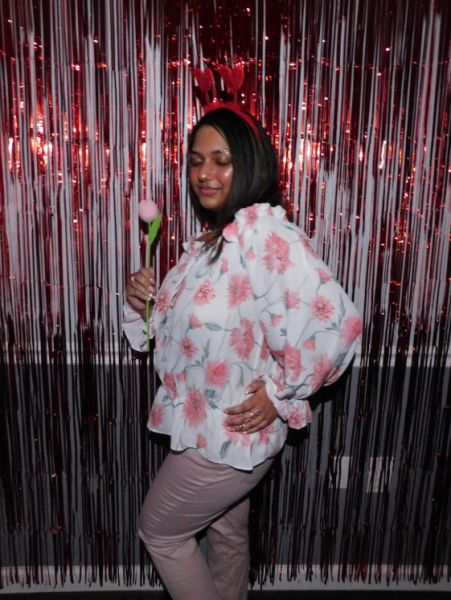In collaboration with the Panhellenic Council and the Office of Sexual and Interpersonal Wellness (OSIW), the University hosted its annual Take Back the Night event on April 21. The global movement aims to end all forms of sexual violence, including assault, abuse, human trafficking, stalking, gender harassment and relationship violence. According to the organization’s official website, Take Back the Night seeks to raise awareness, support survivors on their healing journeys and empower communities to break the silence around these issues.
Take Back the Night is the longest-standing international movement of its kind. The movement began in the 1970s with a Tribunal Council meeting in Belgium, where more than 2,000 women from over 40 countries gathered, as noted on the organization’s About Us page. Early activism focused on protesting the lack of safety for women walking alone at night. Since then, college campuses and organizations worldwide have embraced the event to positively impact their communities and advocate for survivors.
At the University’s event, students decorated denim patches, created posters with empowering messages and donned denim jackets before marching around the Financial District in solidarity. Denim was used as a symbol of protest against victim-blaming narratives, referencing the international Denim Day movement.

Grace Sallee, graduate assistant for fraternity and sorority life at the University, helped organize the event and reflected on its significance.
“When I was in university, the documentary about sexual assault on college campuses, ‘The Hunting Ground,’ came out, which helped Greek life and universities take these incidents more seriously,” Sallee said. “For example, guys would wear heels when doing the walk or hold candlelight celebrations. There is a stigma with the social sides of fraternities and sororities, and with that bears the question of how does one give back to the community and take a stand?”
Sallee emphasized the importance of bringing Take Back the Night to campus.
“The University has a large female population both generally and especially in Greek life. I figured this would be a notable event to take part in,” Sallee said. “The University had not hosted this event in many years, so in conjunction with OSIW, we collaborated last year—and the turnout has doubled in size this year. It is exciting to see how much people are interested in taking part in this movement.”
Students showed enthusiasm as they participated in the march. Sallee led the group, shouting chants and words of encouragement that students echoed as they walked.

“Take Back the Night is more than a movement; it is a voice that speaks for all those who have been silenced. It serves as a powerful reminder that no one is alone. We stand together and shine the light for those in the darkness,” said Sophia Pulia, a peer educator at OSIW.
Take Back the Night strives to stand with people from all walks of life. According to data from Take Back the Night, one in three women experience sexual violence or intimate partner violence, one in six men experience sexual violence and two in three transgender individuals have been sexually assaulted. Members of the LGBTQIA+ community are disproportionately affected, and fewer than 50 percent of victims report their experiences.
With students continuing to advocate for change and show solidarity through events like Take Back the Night, the University community moves closer to creating a safer and more supportive environment for all survivors.








